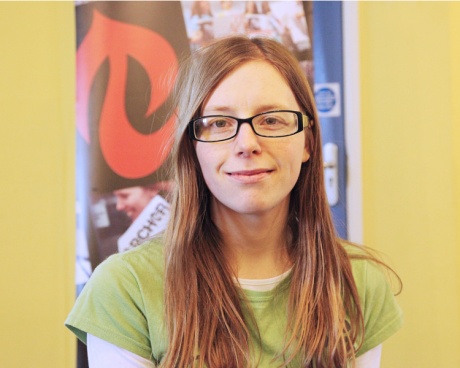FEWER than one in three thousand planning applications is being assessed for its impact on the Welsh language despite Government guidelines, research by Cymdeithas yr Iaith Gymraeg has revealed.
Only three local planning authorities, out of 25 in Wales, have held language impact assessments over the last two years; only 16 assessments were made out of total of almost fifty thousand planning applications, or 0.03%.
Not a single impact study was commissioned by Carmarthenshire, Ceredigion or Conwy county council between April 2010 and 2012, according to their responses to Cymdeithas yr Iaith’s freedom of information requests, despite the high percentage of Welsh speakers in those counties. The news comes as the 2011 census results are due to be published on December 11th which will show how many Welsh speakers are in each county.
Responding to the results, Cen Llwyd, vice-chair of the Cymdeithas yr Iaith Gymraeg’s sustainable development group commented:
“The system looks like a bit of a joke. What is the point of Government guidelines if they’re not implemented? If the Welsh language is to live, then the authorities must take it seriously - from the local level right up - they have one weapon in their hands but it’s obvious they’re not willing to use it. It’s a big surprise that we haven’t seen a much greater use of language impact studies in a number of counties where Welsh language communities are facing severe challenges.”
Since the year 2000, the Welsh Government has encouraged planning authorities to consider the language impact of planning applications in its technical advice note, TAN 20, and planning policy Wales.
Cen Llwyd added:
“For over a decade, the Welsh Government has put great weight on TAN 20 as the most effective means they have of ensuring that the Welsh language is considered in the planning system. They argue their guidelines are so powerful and effective to the extent that they refuse to consider wider changes to the planning system or design other legislation. These figures raise major questions about that claim given it appears that the vast majority of authorities ignore them. This, along with the fact that the Sustainable Development Bill currently being consulted on ignores the Welsh language, totally undermines the Government's claims to be supporting the Welsh language.”
Replying to the pressure group’s questions, Brecon Beacons National Park said “...we haven’t received any language impact assessments of this type... In any case, that wouldn’t be a fact in deciding on planning applications.” A number of councils said that developers or the applicants would fund or arrange the studies.
Bethan Williams, Chair of Cymdeithas yr Iaith Gymraeg added:
“There are big questions to ask about the whole system, and Government priorities locally and centrally. If planning applications cannot be refused on the basis of the language impact assessment, what is the point of them? Doesn’t it lead to the conclusion there should be a far stronger legislative basis behind them?
“If developers can fund or arrange these studies themselves, to what extent can the public and those making decisions depend on them? Shouldn’t they be completely independent of the people who make profit out of the developments?
"We have already said that we anticipate that the Census results next week will raise questions about the state of the language in our communities. During our tour of Wales this year and working with Cynghrair Cymunedau Cymraeg, we have seen that an increasing number of people in Wales desire a country where we can all live our lives in Welsh. So, the strength of the language across Wales is completely bound up with the our communities where there is a very high density of speakers . At the moment, the planning system is letting the language and its communities down. ”
"Maybe the Government and local authorities don't realise the need to take action or that they are not taking the challenge seriously, but as an organisation we are calling on people to empower themselves and their communities, and to work with us, in order to strengthen the Welsh language in our communities. "
